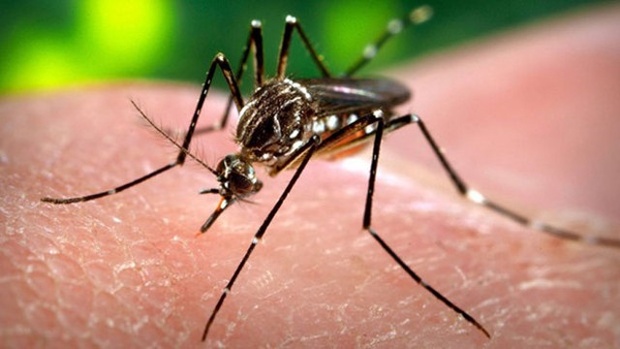
There is hope of ending malaria, a disease that kills hundred of thousands of people annually, including in Nigeria, as a malaria vaccine has now shown huge promise.
For the first time, a vaccine has been found to surpass the 75 per cent efficacy goal set by the World Health Organisation (WHO) for a malaria vaccine to receive a nod.
The successful development of COVID-19 vaccines in record time propelled what health experts described as a landmark achievement in the advancement of a vaccine for malaria, one of the biggest killers of children globally.
Adrian Hill, whose work at Oxford University’s Jenner institute set the foundations for the Oxford COVID-19 vaccines, designed and developed the malaria vaccine dubbed ‘R21/Matrix-M’ which is said to demonstrate 77 per cent efficacy in over 12 months of trials.
The findings come from the first 12 months of an ongoing phase two trial, which was first launched in Burkina Faso in May 2019 and involves 450 children, aged 5 to 17 months, according to a report by the Independent UK on Friday.
Some health experts have expressed optimism in the new vaccine for the mosquito-borne disease that kills over 400,000 people every year, globally.
The idea of controlling malaria by vaccination dates back to 1910 when the first scientific report was developed in Algeria.
Clinical trials began in the 1940s, got serious from the 1980s onwards and, today, over 140 malaria vaccine candidates have been tested in humans, according to a report by The Conversation.
But none has progressed to approval and deployment, a sharp contrast to the COVID-19 vaccine which was developed in less than one year.
According to scientists, this is largely because the malaria parasite is more complex with over 5, 000 genes when compared to the SARS-CoV-2, the virus that causes COVID-19 which has just 12 genes.
Meanwhile, Mr Hill and his team said their malaria vaccine progressed rapidly largely due to the milestone success of the COVID-19 vaccines. They are now moving their jab into a large-scale, phase three trial.
In an interview with the Times, Mr Hill, a professor, said the malaria vaccine would be tested on 4,800 children in Africa next year after early trials yielded promising results.
TEXEM
According to the results, the vaccine is well-tolerated in children, producing minor side effects such as fever, The Conversation reported.
“The 450 children recruited into the study were split into three groups. Two were given the vaccine, with one receiving a higher dose of adjuvant – a substance that enhances the immune response – than the other. The third group was given a rabies vaccine as a control,” the report explained.
Though monumental progress has been made in reducing the scourge of malaria globally, the disease still remain# lethal, especially in Africa.
The mosquito-borne disease continues to be a major public health problem in 97 countries – particularly, in Sub-Saharan Africa, where an estimated 90 per cent of all malaria deaths still occur, according to a 2017 WHO Malaria Report.
END

Be the first to comment